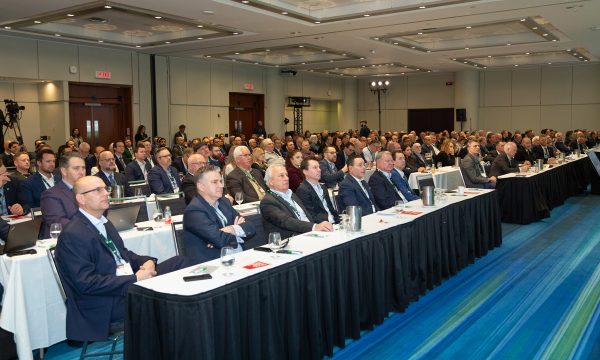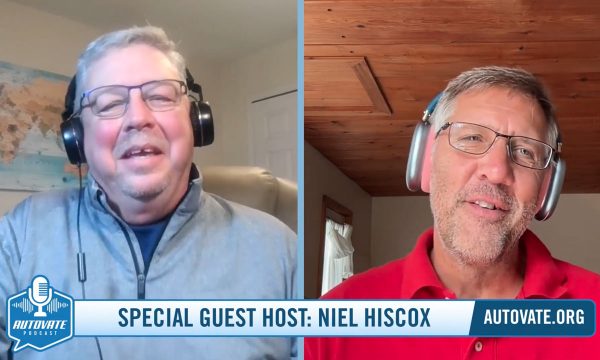
Over the last six months or so, we’ve seen the economic outlook go from strong to not strong. The expectation now is that we’re facing a recession through 2023. I thought it might be worth a slightly deeper look at this.
In his July 8 podcast “From here to where?” (a great listen, by the way), David Adams interviewed Rebekah Young from Scotiabank. Rebekah is well known to the automotive industry. David and Rebekah did a great job looking at the many factors impacting vehicle sales over the next while, and at that time, shared the view that a “soft landing” was the most likely scenario.
Things have certainly changed a lot in the last few months.
There is now a clear consensus (about as clear as economic forecasting ever gets in terms of a consensus) that we’re facing a recession. At a meeting in Detroit this morning, a GM spokesperson said it bluntly: “We are entering a recession.” Not much nuance there. But while the overall expectations have clearly eroded, there is still plenty of room for cautious optimism.
Let me give you a few examples.
This past Monday I had the pleasure of attending and speaking at a dealer event put on by Maxime Théoret, Farid Ahmad and Maria Soklis at DSMA. The day had a great line-up of speakers, one of whom got right to the heart of the economic question.
Erik Johnson, Economist at BMO, spoke at length about their expectations for the economy in general, and the impacts on automotive specifically.
To sum up: Yes, the economy will be in recession, but the automotive industry is already so far short of being able to meet consumer demand (for all the reasons we know so well) that the expected drop in demand during a recession still leaves the industry with more consumers wanting cars than there is inventory available. This, despite an expected improving trend in days’ supply of vehicles over the next four to six quarters.
This puts the industry in a very different position than in the downturn of 2008/2009, when in many ways it bore the brunt of a brutal economic contraction.
This difference was reinforced for me a few days later. In a fireside chat in Detroit, Pablo Di Si, President and CEO, Volkswagen of America, highlighted his reasons for optimism. VoA enters this period with a clean balance sheet and a very strong financial position. I believe this is true of most OEMs, and again, very different from 2009.
Perhaps most importantly, Pablo cited the strength of the order bank, which will carry well past 2003. This aligns with Erik’s comments, and with comments I’m hearing from others.
There are additional metrics to highlight that should provide some room for optimism. Among those:
- Canadian household savings are in a strong position relative to where they were pre-pandemic. Evidence suggests that Canadians are continuing to spend despite the economic outlook, and are in a position to do so;
- Unemployment levels continue to be low, with many jobs available and many companies operating at lower staffing levels than they would like and need. Many Canadians will enter this recession feeling secure in their ability to earn an income. In fact, the tightness in the job market will continue to see employers facing wage pressures despite an economic slowdown, particularly in certain key roles.
So where does this leave us? Cautiously optimistic. In fact, the continued unsnarling of automotive supply chains that is well underway and expected to continue will probably be the most important factor in influencing vehicle sales in 2023. There too, there is room for optimism.
See you in Halifax at CADEX 2022.












